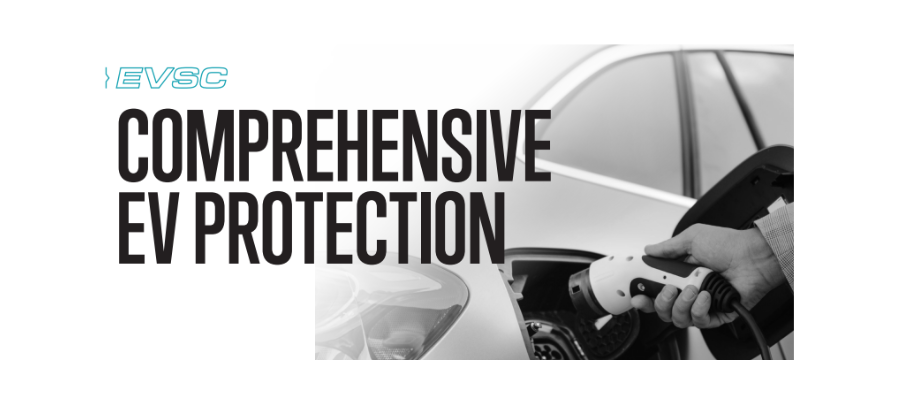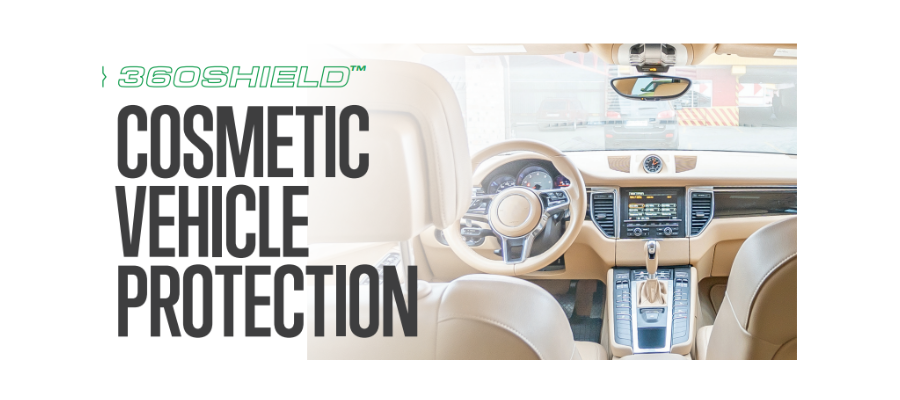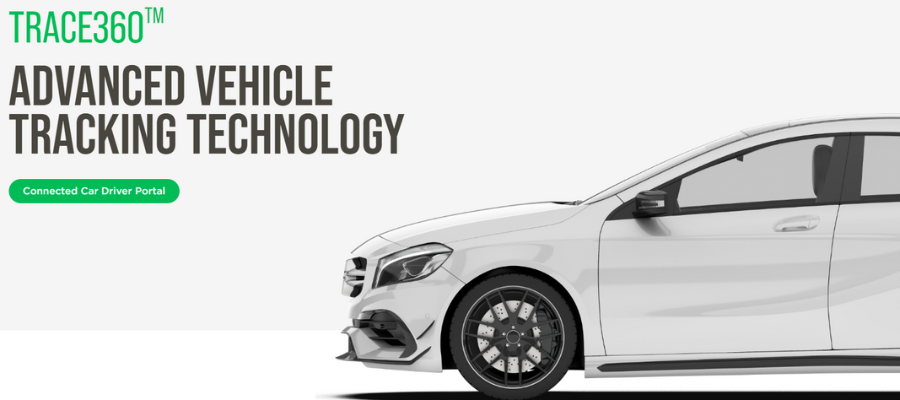When it comes to protecting your vehicle with Extended Care coverage, it’s crucial to make an informed decision. While Extended Care coverage can offer valuable protection, it’s not a one-size-fits-all solution. Before you commit, here are key considerations to keep in mind to ensure that you make the best choice for your needs.
1. Assess Your Vehicle’s Reliability and Repair History
One of the first things to consider is the reliability of your vehicle and its repair history. Different cars have varying levels of reliability, and understanding how your specific model performs can help you determine whether Extended Care coverage is a worthwhile investment.
Vehicle Reliability:
- Research Reliability Ratings: Look up your vehicle’s reliability ratings from credible sources or automotive review sites. If your car is known for its dependability and low repair frequency, you might find that Extended Care coverage is less necessary.
- Consider Vehicle Age and Mileage: Newer cars with low mileage often come with manufacturer warranties. If your vehicle is still under the manufacturer’s warranty and has a solid reliability record, you might not need additional coverage immediately. On the other hand, if your car is older or has higher mileage, Extended Care coverage could offer added protection.
Repair History:
- Review Past Repairs: Analyze your vehicle’s repair history. Frequent repairs or recurring issues could indicate that Extended Care coverage might be beneficial, as it can help cover ongoing or unexpected problems.
- Consult Your Mechanic: Your trusted mechanic can provide insights into the typical issues for your car model and whether Extended Care coverage would be a good investment based on its current condition and past performance.
2. Understand the Coverage and Terms
Before purchasing Extended Care coverage, it’s essential to thoroughly understand the details and terms offered. Not all coverage plans are created equal, and knowing what is included—and excluded—can help you make an informed decision.
Coverage Details:
- Examine What’s Covered: Look at the components and systems covered by the protection plan. Some offer comprehensive coverage that includes major components like the engine and transmission, while others might only cover specific parts or systems. Ensure that the protection covers the areas of your vehicle that are most likely to need repair.
- Check for Additional Benefits: Our Extended Care coverage includes extra benefits like roadside assistance, audio equipment protection, and battery coverage. These added features can provide extra value and convenience, so consider them when evaluating different protection options.
Terms and Conditions:
- Review the Fine Print: Read the contract carefully to understand any limitations, exclusions, and conditions. Pay attention to details like deductibles, claim processes, and any requirements for using specific repair shops or service centers.
- Assess the Provider: A reliable provider with good customer service can make a significant difference in your overall experience with the coverage plan.
Before investing in Extended Care coverage, evaluating your vehicle’s reliability and repair history, as well as thoroughly understanding the details and terms, are crucial steps. By taking these considerations into account, you can make a more informed decision that aligns with your vehicle’s needs and your financial goals. With the right approach, Extended Care coverage can offer valuable peace of mind and protection, helping you navigate the road ahead with confidence.




























